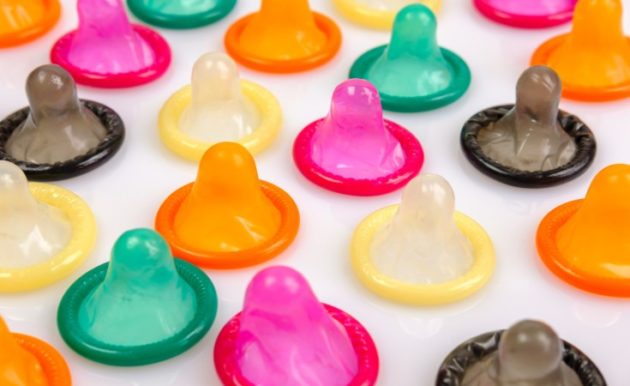
Igembe South sub-county in Meru is grappling with a severe shortage of condoms, raising fears of the potential increase in sexually transmitted infections and unplanned pregnancies.
The dire situation has prompted urgent calls for immediate intervention from both national and county governments.
Igembe South deputy public health officer John Muriungi said they have run out of protective gears for a few months, putting the residents at a higher risk of contracting HIV and other STIs like gonorrhoea and syphilis.
Muriungi said the demand for the commodity is still high even though there are no supplies to address the need.
He said the dire situation if not addressed immediately could lead to serious consequences.
The public health department has been distributing condoms to residents free of charge but now the fear of a potential public health crisis may be heightened due to the shortage.
Economic hardships make it difficult for individuals to buy essential preventive commodities.
“Condoms are one of the most effective tools for preventing the spread of sexually transmitted infections and curbing unplanned pregnancies, and without them the entire community is at risk,” Muriungi said.
The officer expressed his concern the shortage may lead to irreversible long-term consequences and appealed to the government to expedite the supply of condoms to resolve the crisis.
Kenyans need 400 millions every year, according to estimates by the non-profit Aids Healthcare Foundation Kenya. This means Kenyans use an average of 17,000 condoms daily.
Although condoms are also sold at a low price, most Kenyans prefer the free ones, which make up 80 per cent of the market.
In August, the government announced distribution of six million free male condoms mostly to organisations serving sex workers and gay people.
In February, the Ministry of Health revealed it had distributed 3,157,900 free condoms in the previous six months.









